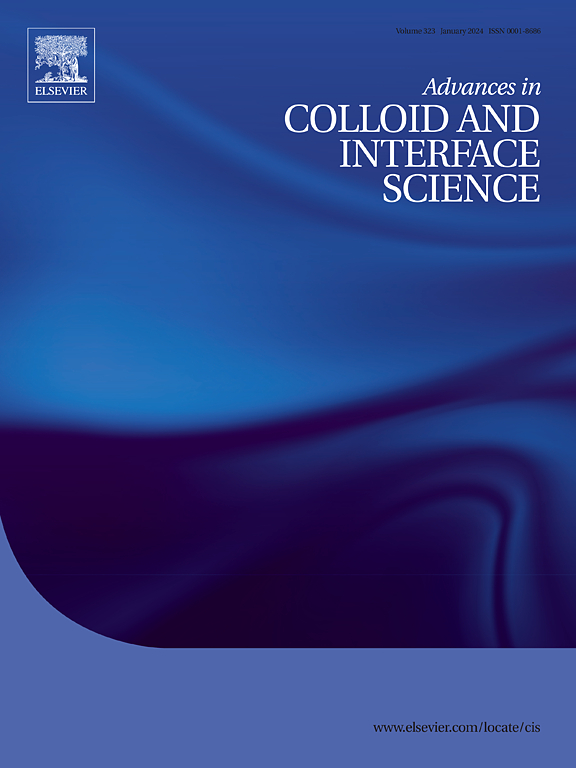用于先进水离子电池的mof基纳米材料
IF 15.9
1区 化学
Q1 CHEMISTRY, PHYSICAL
引用次数: 0
摘要
金属有机骨架纳米材料具有孔径大、比表面积高、结构和孔隙度可控、金属中心均匀等特点,在电化学储能领域具有广阔的应用前景。mof配合物及其衍生物不仅继承了mof原有的形态特征,而且具有优异的电化学性能。在水电解质中运行的电池比在传统有机电解质中运行的电池更便宜,更安全,并且具有更高的离子电导率。因此,总结出用于水电化学储能器件的mof是有益的。本文首先介绍了水相锂/钠/锌离子电池的组成和储能机理。此外,还详细介绍了基于mofs的纳米材料的发展及其在水条件下的常用表征。重点研究了mofs基纳米材料的结构和复合材料与电化学性能的关系。从电极材料和电解质两方面综述了mof复合材料在水电池中的应用。最后,展望了基于mofs的纳米材料在先进水电池中的研究方向和前景。本文章由计算机程序翻译,如有差异,请以英文原文为准。

MOF-based nanomaterials for advanced aqueous-ion batteries
Metal-organic frameworks (MOFs)-based nanomaterials have great potential in the field of electrochemical energy storage due to their abundant pore size, high specific surface area, controllable structure and porosity, and homogeneous metal center. MOFs complexes and derivatives not only inherit the original morphology characteristics of MOFs but also provide excellent electrochemical performance. Batteries operating in aqueous electrolytes are cheaper, safer, and have higher ionic conductivity than those operating in conventional organic electrolytes. Therefore, it is useful to summarize the MOFs that should be used for aqueous electrochemical energy storage devices. This manuscript firstly introduces the composition and energy storage mechanism of aqueous Li/Na/Zn ion batteries. In addition, a detailed review of the development of MOFs-based nanomaterials and their commonly used characterization under aqueous conditions is presented. The relationship between the structure and composites of MOFs-based nanomaterials and electrochemical performance is highlighted. The applications of MOFs composites in aqueous batteries in terms of electrode materials and electrolytes are presented and summarized. Finally, research directions and perspectives for MOFs-based nanomaterials in advanced aqueous batteries are presented.
求助全文
通过发布文献求助,成功后即可免费获取论文全文。
去求助
来源期刊
CiteScore
28.50
自引率
2.60%
发文量
175
审稿时长
31 days
期刊介绍:
"Advances in Colloid and Interface Science" is an international journal that focuses on experimental and theoretical developments in interfacial and colloidal phenomena. The journal covers a wide range of disciplines including biology, chemistry, physics, and technology.
The journal accepts review articles on any topic within the scope of colloid and interface science. These articles should provide an in-depth analysis of the subject matter, offering a critical review of the current state of the field. The author's informed opinion on the topic should also be included. The manuscript should compare and contrast ideas found in the reviewed literature and address the limitations of these ideas.
Typically, the articles published in this journal are written by recognized experts in the field.

 求助内容:
求助内容: 应助结果提醒方式:
应助结果提醒方式:


